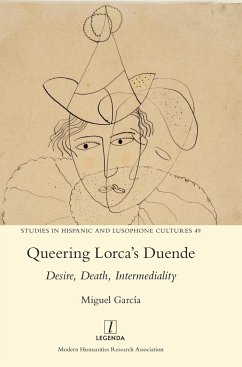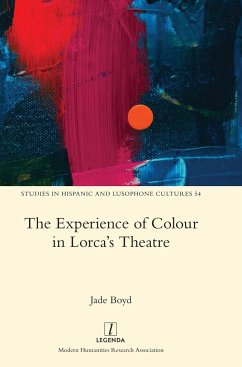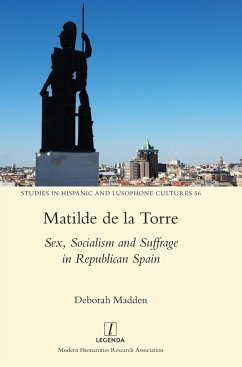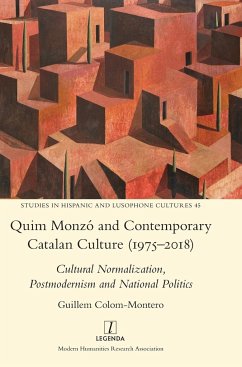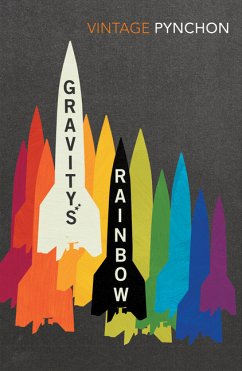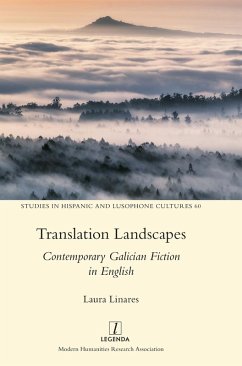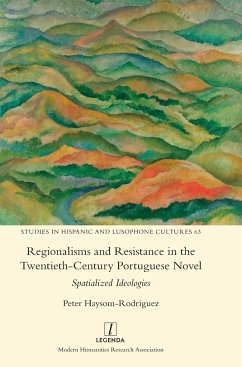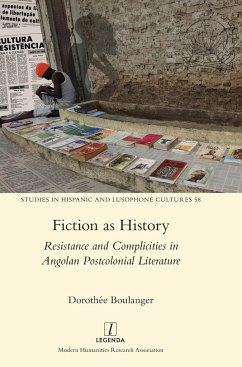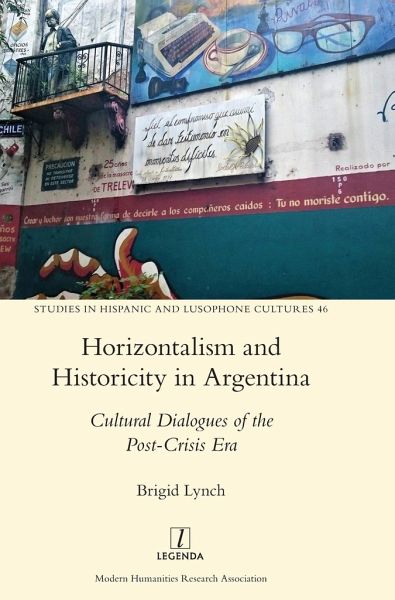
Horizontalism and Historicity in Argentina
Cultural Dialogues of the Post-Crisis Era

PAYBACK Punkte
50 °P sammeln!
In the final months of 2001 the state of Argentina came close to collapse, as government, banking and social order all broke down. The Argentinazo - civil unrest to some, a democratic uprising to others - had a seismic impact on how the country saw itself, its history and its future. The sense that boundaries had been broken enabled new approaches, not only in making sense of current events but also in forging an alternative way forward. In the post-Crisis period, a revitalized sense of historicity became a crucial mobilizing impetus, along with a new model for society: horizontalism, a non-ve...
In the final months of 2001 the state of Argentina came close to collapse, as government, banking and social order all broke down. The Argentinazo - civil unrest to some, a democratic uprising to others - had a seismic impact on how the country saw itself, its history and its future. The sense that boundaries had been broken enabled new approaches, not only in making sense of current events but also in forging an alternative way forward. In the post-Crisis period, a revitalized sense of historicity became a crucial mobilizing impetus, along with a new model for society: horizontalism, a non-vertical model of social and political organising grounded in mutual respect and co-operation. This sea-change in attitudes was reflected in the cultural life of the decade which followed, as artists and activists explored multiple new subjectivities of citizenship. In this rich and broad-ranging study, Brigid Lynch traces the cultural legacy of the 2001 Argentine Crisis through representations of historicity and horizontalism in literary fiction, journalism, films and television drama. Brigid Lynch is a Visiting Fellow at the Institute of Modern Languages Research, University of London.





